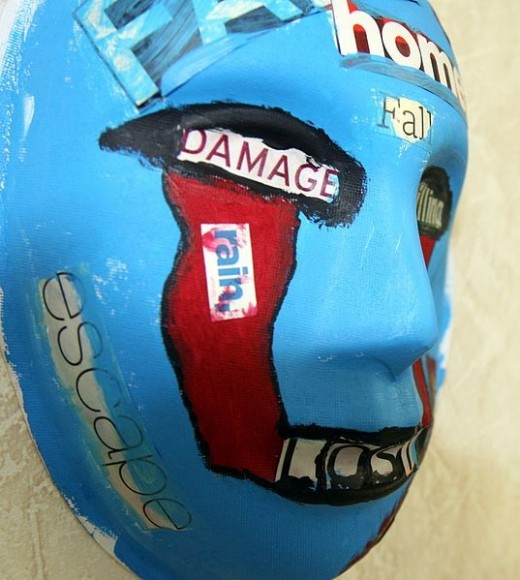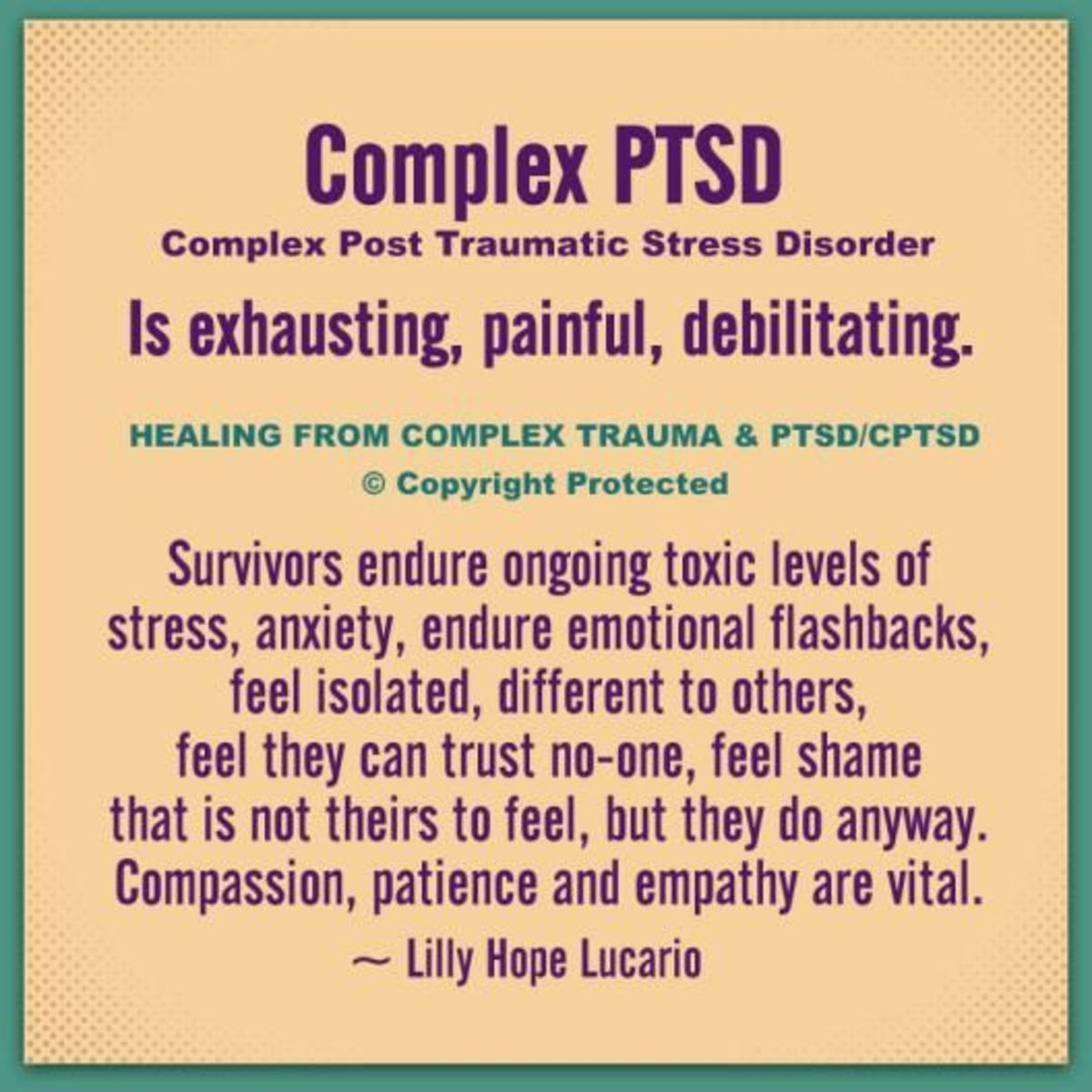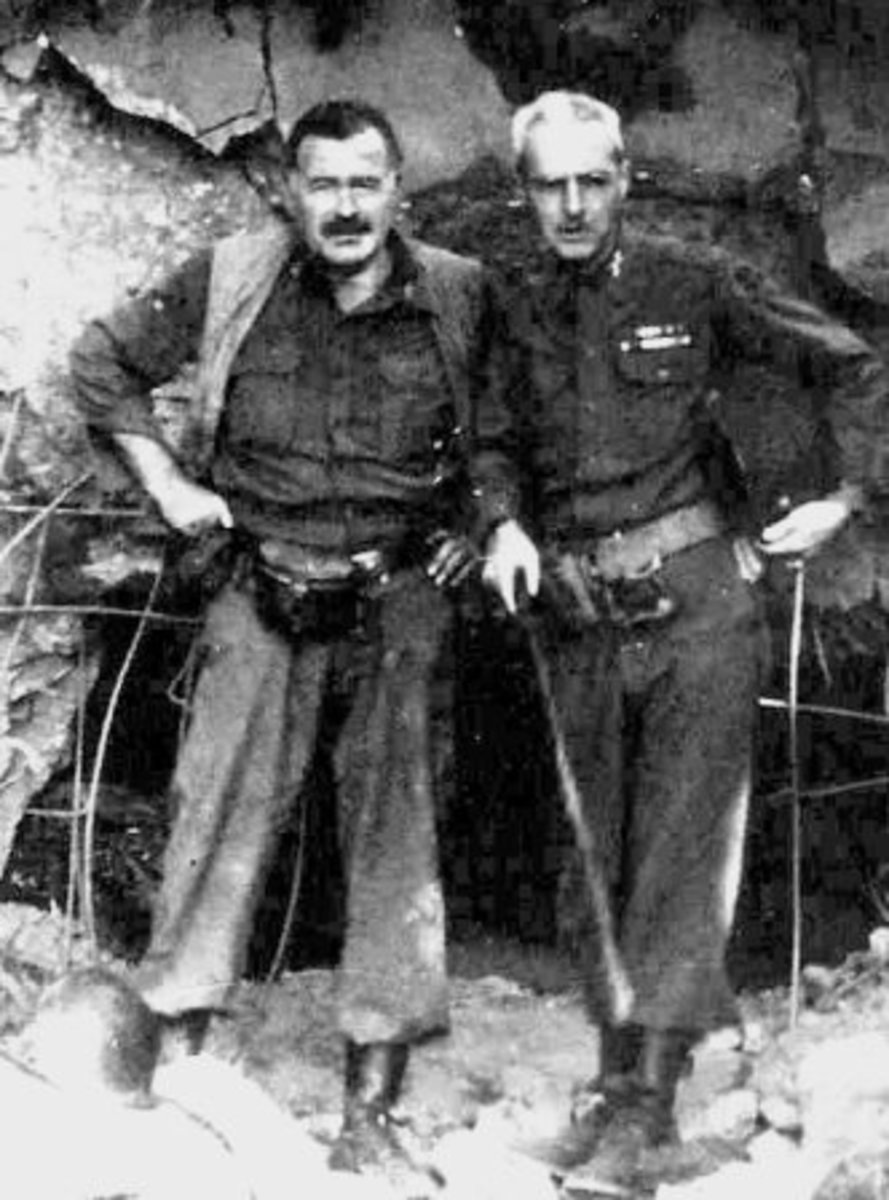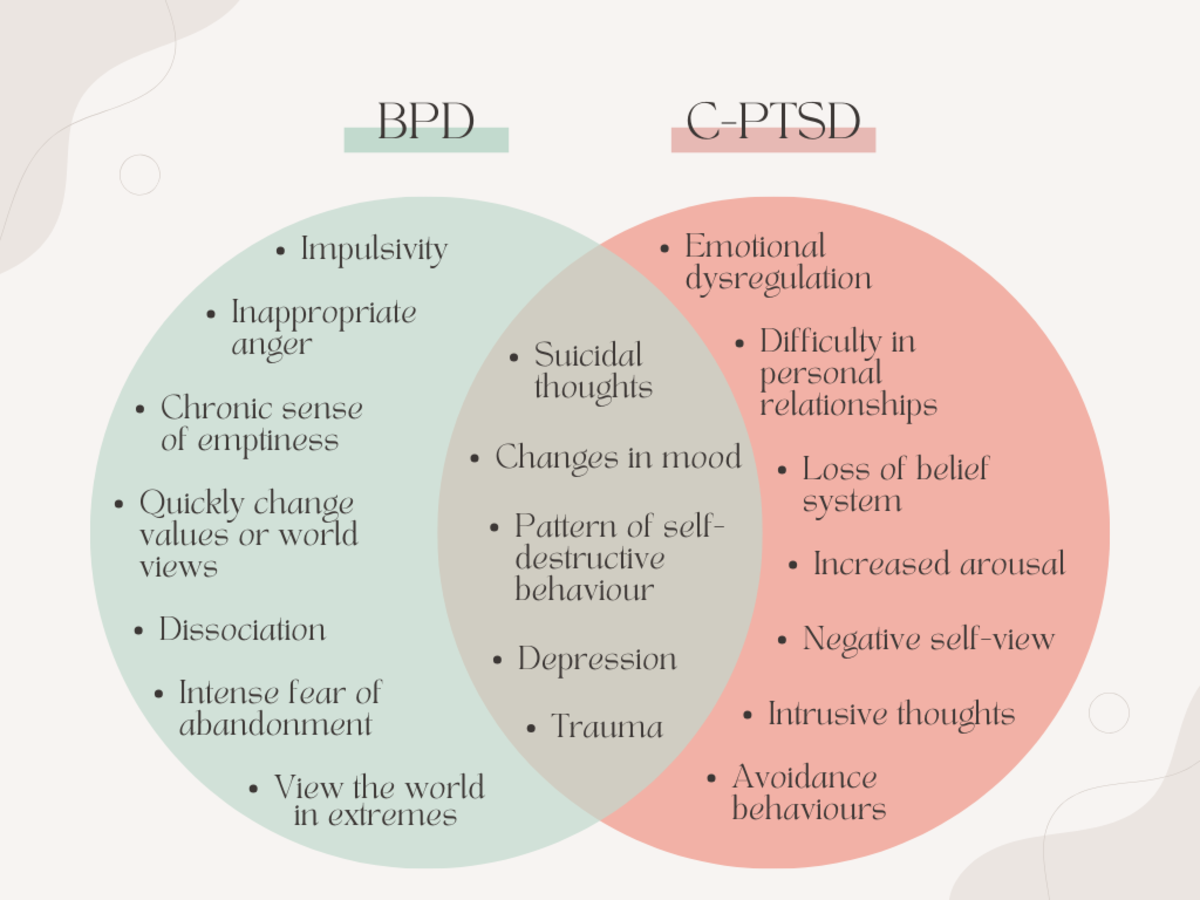What May Cause PTSD in War Veterans
Visage of Suffering

The Effects of PTSD
While PTSD stands for Posttraumatic Stress Disorder, it seems that the word "stress" doesn't exactly fit the bill. What many veterans say they experience is primarily nightmares. While asleep, your mind is often unable to distinguish it is dreaming, therefore, you are convincing yourself everything is real. Its easy to understand the complications this presents. These dreams are reported to be recurring, and since many people cannot lucid dream, or understand they are dreaming while still asleep, PTSD victims are forced to literally relive their trauma.
PTSD can also cause variations of a simple "memory" to the extent of the individual believing their memory is real and happening now, while they are awake. This can be extremely debilitating, for all obvious reasons, whether they are in public, or at work, they may not be able to function for an indefinite amount of time, not to mention that their condition continues to harm them along with the original trauma. This specific effect of the disorder is responsible for often compelling people to react to their flashback in a dangerous way, while unaware their action are unlawful or do not apply to reality.
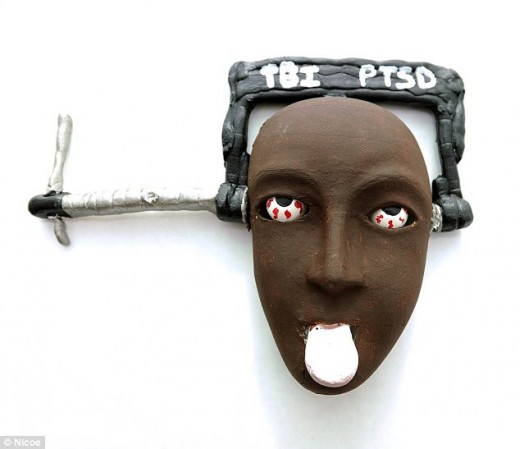
PTSD in the Courtroom
Such conditions are experienced when people who are diagnosed with PTSD commit crimes, and plead innocence on account of insanity. This makes it difficult to judge cases concerning people who commit crimes while diagnosed with PTSD because there is no way to prove if they were experiencing the symptoms associated with the disorder at the time under consideration.
Relating to recent events, this exact deliberation occurred when Eddie Ray Routh was on trial for murdering the famed American Sniper and his friend at a gun range. Routh claimed insanity, and his lawyer was able to present a strong defense using he evidence of his diagnosed PTSD along with testimonies made by his sister and mother accounting for his erratic behavior where his condition was described as "demons". As an officer was ushering him into a cop car, Routh told the officer, "I don't know if I'm sane or insane". His attorneys later stated that Routh thought he was "walking into a showdown on the range". This statement (while its validity can never be confirmed) explicitly suggests a PTSD lapse. It is impossible to prove, but if Eddie Ray Routh was truly walking into his rendezvous with Chris Kyle and Chad Littlefield believing he was walking towards a dangerous situation where those who were trying to help him were portrayed as threats in his mind's eye, he should have been acquitted for insanity. However, Routh was mainly convicted due to his police interrogation video, where he told officer's he knew right from wrong, that he was sorry, and that he would have done differently if he could. While this statement practically writes off his entire defense, it is important to remember that even though Routh claims to have known it was wrong and been sorry afterwards, he may not have during the time of the incident. It is hard to judge human personality and tendencies, but it is possible that during his police interrogation Routh knew what he had done previously was terribly wrong, even though he was experiencing effects from his disorder. It is possible that he wished to be accountable for his crimes, and later got cold feet. Of course, this is all speculation.

Connections Between PTSD and the Brain
To summarize the disorder simply, it causes people who experience PTSD to either be forced to relive trauma while asleep, or to experience reality-like situations in which they believe they are somewhere else. This reminded me of Schizophrenia, which causes people to be unable to determine whether the voices they hear are fabricated or real, which is the reason they often seem to be "talking to themselves" in public. They believe a voice in their head is actually being transmitted from another person. This bears a resemblance to PTSD because both revolve around being unable to differentiate between reality and the mind's eye. Furthermore, while researching this disorder, I was reminded of a time when I was reading an article about the brain. The article explained that a small portion of your brain is devoted to keeping you from acting out your dreams. Your brain releases a chemical that paralyzes your voluntary muscles so you don't try to run from a pack of dogs while asleep and in your pajamas.
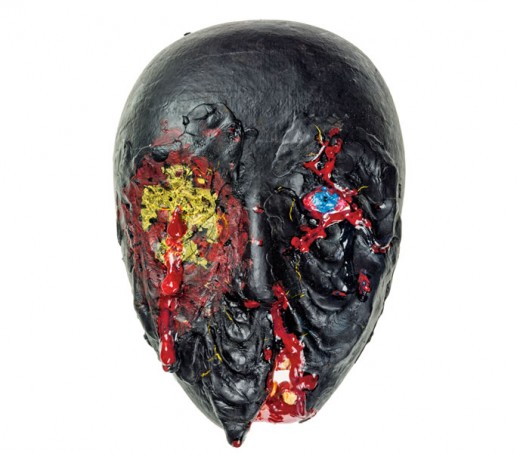
Causes of PTSD
People who have suffered traumatic experiences since the beginning of time have had to deal with the effects. Fear of similar circumstances, nightmares, and debilitating recollections may have caused even ancient peoples to develop conditions similar to PTSD. However, it seems that recently (and by recently I mean 20th century), many more war veterans have experienced circumstances in which they are continuously reminded of their time during service in a negative way. Surprisingly, the rise in numbers of veterans who have contracted the syndrome may be due to our evolved ideas of right and wrong.

The History Behind the Evolution of Morals
When thinking about what may cause a person to feel uncomfortable with the events that took place during their service, we imaging blood, gore, losing friends, and witnessing innocents pulled into action. However, in ancient times, war and everything that went along with it was portrayed as righteous and even enjoyable. This is expressed by Spartan society, were mothers advised their offspring to either return victorious or not at all. Quite different from mothers who send their children overseas today. Establishments such as the Colosseum were the homes of brutal fighting, blood drenched arenas, and thousands of deaths that were all due to a spectator sport. Many people today do not even like to watch a boxing match or a fistfight, but back then, watching men tear each other to pieces, often in fixed fights was as enjoyable as an afternoon at the movies.
More recent events recount families living in the northern states during the outbreak of the Civil War. They packed up their carriages, children, and picnic supplies to go on a day trip and watch one of the first Civil War battles for fun. When the south achieved a startling victory, spectators had to scramble to leave before the retreating forces overwhelmed them. In fact, when researching the fist world war, I learned that at the end of World War 1 was the point where people began to shift their views on the topic of fighting. Having witnessed ghastly new weapons of warfare such as airplanes, tanks, submarines, and poisonous gases, people came to the conclusion that they no longer considered war and killing to be enjoyable or venerable. After this point, especially at the end of World War 2, cases with symptoms suggesting PTSD began evolving. Though the disorder was not given a name until 1980, many cases have been reviewed and diagnosed individuals after this period.
In Conclusion...
Of course, there have always been people who were not cut out for violent life back when gore was celebrated, and there will always be people who truly enjoy war when the majority of the population would label World Peace as a good thing. Since the condition is mental and sensitive depending on personality (circumstances effect all people differently), it stands to reason that PTSD has been on the rise since the 20th century because people who were raised agreeing with society that killing should be avoided are now witnesses to the trials of warfare. In no way does this invalidate their problem; it does not discredit their health condition based on the fact it was initiated because of what they believe. Our values have simply changed. Now we must discover how to honor and assist those who put everything on the line to protect and represent us.
